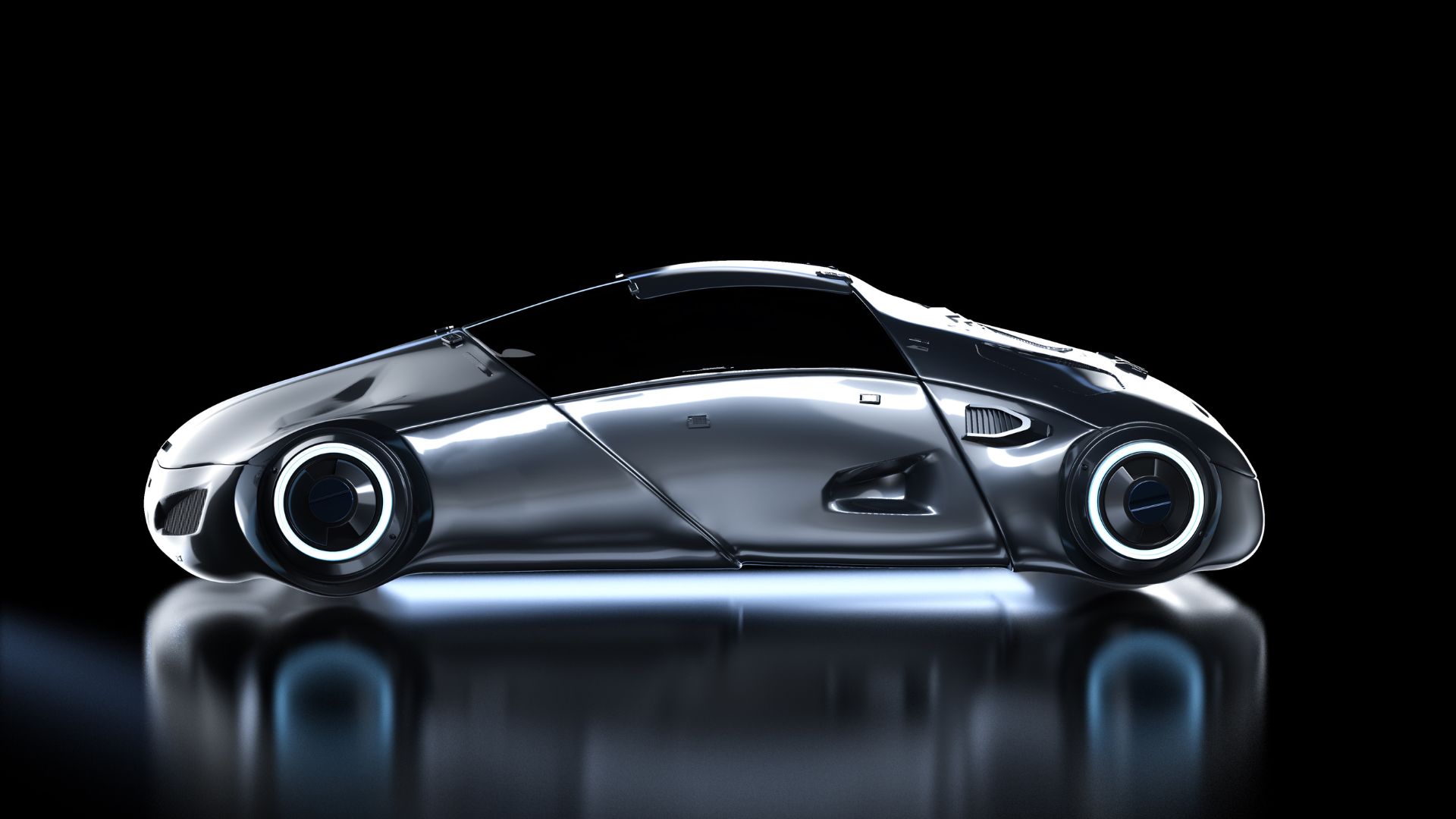Have you ever imagined a car that can think and create on its own? With the advancements in artificial intelligence, the concept of an AI car generator is no longer confined to the realm of science fiction. The fusion of AI technology and automotive engineering has given rise to a new era of self-generating vehicles that can revolutionize the way we perceive transportation.
As a tech enthusiast, I’ve delved into the world of AI car generators to explore the cutting-edge innovations driving this futuristic concept. From self-driving capabilities to predictive maintenance, these AI-powered vehicles are poised to redefine the automotive landscape. Join me as we unravel the mysteries behind AI car generators and discover the endless possibilities they hold for the future of mobility.
AI Car Generator
Exploring the Technological Marvel of AI Car Generators
In delving into the realm of AI car generators, the intricate fusion of artificial intelligence and automotive engineering unveils a groundbreaking era in vehicle design. These revolutionary creations harness the power of AI algorithms to autonomously conceptualize, design, and optimize vehicles. Imagine a scenario where cars are not just manufactured but intelligently crafted by machines that continuously learn and adapt to refine their designs. This transformative technology is poised to disrupt traditional automotive methodologies and introduce a new era of innovation in the industry.
Shaping the Automotive Landscape with AI Car Generators
The advent of AI car generators heralds a seismic shift in the automotive landscape, redefining the way vehicles are conceptualized, engineered, and produced. From streamlining the design process to enhancing safety features and performance metrics, the impact of AI in vehicle design is profound. Automotive manufacturers are embracing this cutting-edge technology to push the boundaries of creativity and efficiency, setting new benchmarks for futuristic vehicle designs. As AI continues to evolve, its integration into the automotive industry promises a future where intelligent vehicles are not just a possibility but a reality reshaping the very essence of mobility.
Key Features of AI Car Generators
Design Personalization and Efficiency
Incorporating AI into car design offers unparalleled levels of personalization and efficiency. These AI car generators can tailor vehicle features to meet individual preferences and requirements seamlessly. Whether it’s selecting the interior layout, exterior styling, or technological integrations, AI ensures that each aspect of the vehicle resonates with the user’s unique taste. By leveraging machine learning algorithms, these systems streamline the design process, optimizing every detail for maximum efficiency.
Speed and Accuracy in Prototyping
One of the standout features of AI car generators is their exceptional speed and accuracy in prototyping. Traditional prototyping methods can be time-consuming and resource-intensive, but AI revolutionizes this process. These systems are capable of rapidly generating and testing multiple design iterations, leading to quicker development cycles and more precise outcomes. By harnessing AI’s computational power, car manufacturers can expedite the prototyping phase without compromising on accuracy, ultimately accelerating the overall production timeline.
Ethical and Environmental Considerations
Advantages in Modern Car Production
In modern car production, AI car generators offer a multitude of benefits. They significantly enhance the efficiency and precision of vehicle design processes. AI systems can swiftly analyze vast amounts of data to identify optimal design solutions, leading to faster prototyping and development cycles. This speed and accuracy not only reduce time-to-market for new vehicle models but also ensure a higher level of quality and safety in the final products.
Challenges and Limitations
Despite their numerous advantages, AI car generators also face certain challenges and limitations. One of the primary concerns is the potential ethical implications of autonomous design decisions made by AI systems. Ensuring compliance with safety regulations and ethical standards remains a critical aspect that requires ongoing attention and scrutiny. Additionally, the initial investment and maintenance costs associated with implementing AI car generators in production facilities can be substantial.
